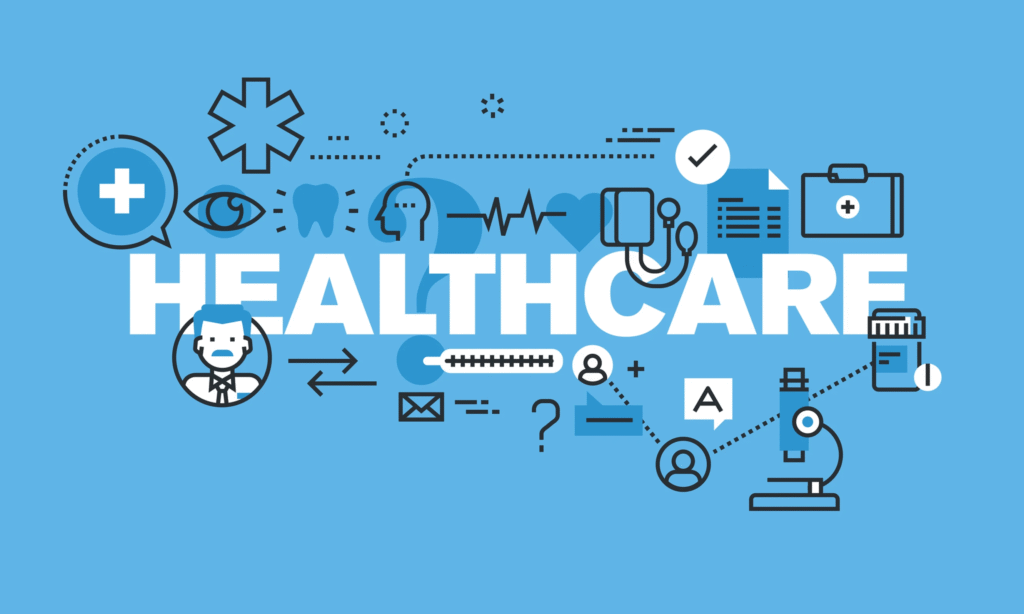
Modern bathroom spaces are undergoing an unprecedented smart revolution, with health monitoring functionality emerging as the most remarkable development trend. What was traditionally considered merely a cleaning space has now evolved into the first line of defense for household health management. Smart toilets, as the core of this transformation, can now perform routine tracking of various health indicators including urinalysis, body fat measurement, and heart rate monitoring. The latest generation products even feature contactless sensors that conduct basic health screenings during normal use, with data securely transmitted to users’ mobile apps to form long-term health trend charts.
The shower area has also incorporated innovative technologies, with some premium showerheads featuring built-in water quality monitoring modules that display residual chlorine levels and pH values in real time, while smart floor mats can record users’ weight changes and balance ability. When analyzed by AI algorithms, this health data can provide early warnings of potential health risks, such as alerting users to kidney health through changes in urine color and composition, or suggesting dietary adjustments based on weight fluctuation patterns.
The advantage of bathroom health monitoring systems lies in their unobtrusive data collection – users can complete health checks during daily routines without the hassle of traditional medical testing. A Japanese bathroom brand’s smart toilet has obtained medical device certification, with urine detection accuracy reaching laboratory standards capable of screening for common conditions like diabetes and urinary tract infections. In Western markets, integrating bathroom health data with family doctor systems for remote health management has become popular. Notably, privacy protection mechanisms are particularly crucial for such products, with mainstream manufacturers adopting dual solutions of local storage plus selective cloud synchronization to prevent misuse of sensitive health data.
Future bathroom spaces may incorporate more medical-grade sensors, such as respiratory gas analysis and early skin cancer screening functions, transforming daily bathroom routines into genuine health management sessions. With the development of 5G and edge computing technologies, bathroom health systems are poised to become an important component of home healthcare, providing users with comprehensive health services ranging from daily prevention to early intervention. This evolution represents not just an upgrade to bathroom fixtures, but a fundamental reimagining of how we approach personal health management in our most private spaces.



